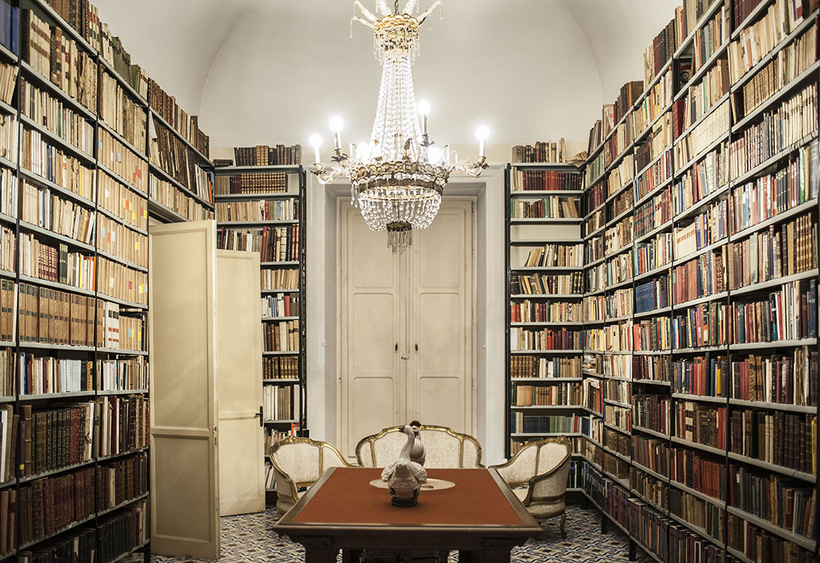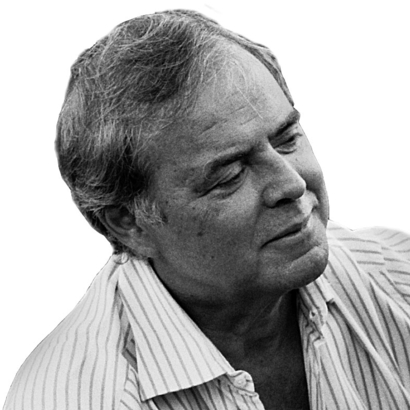If you’ve ever been to Sicily, you’ll have fond memories—of its natural beauty, of the amazingly well-preserved Greek ruins of Agrigento’s Valley of the Temples, of the first women in bikinis portrayed joyfully dancing on the mosaic floors of the ancient Villa Romana del Casale, near Piazza Armerina. You must have visited the 12th-century Norman castle in Palermo, sitting on top of a previous 9th-century Arab castle built during the region’s Muslim domination. You might even have reached the much-beloved destination of Corleone, the old village immortalized in Mario Puzo’s The Godfather. In short: in the collective mind, Sicily is about raw natural beauty, foreign occupation, ruins, and the Mafia. It is, on the surface, much less about literature and cultured, delicate international aristocrats, who have in fact for centuries been the heart and soul of this mysteriously beautiful island.
In the collective mind, Sicily is about raw natural beauty, ruins, and the Mafia—much less about literature.
Steven Price fills this gap with his new book, Lampedusa, a realistic novel about the conflicted soul of Giuseppe Tomasi, Prince of Lampedusa, trying to write his literary masterpiece, The Leopard. The result is a passionate, melancholic, wonderful account of an erudite, intellectual Sicily that kept discreetly in the background while history shaped new eras defined by new foreign occupations.


